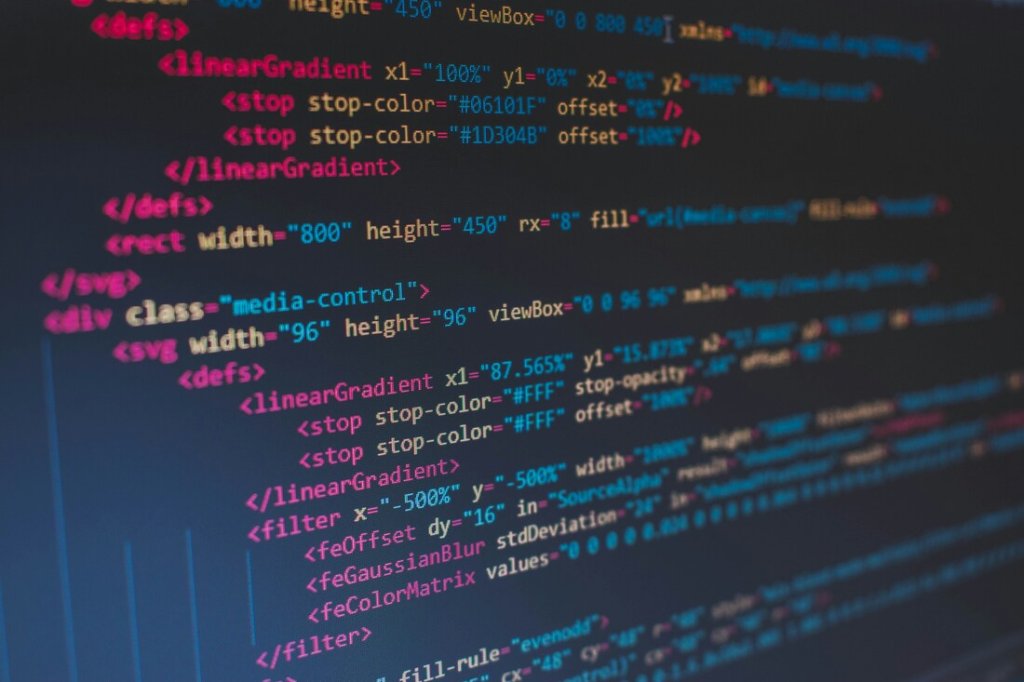Artificial Intelligence (AI) in web development and machine learning are among the many innovations and tech changes to significantly impact the digital world.
Evolution has always been part of the digital landscape. Since the internet was unveiled, new tools and trends have constantly launched to help provide web designers with valuable insights and inspire new ideas.
From AI-powered analytics and routine coding tasks to quality assurance and delivering a more personalised user experience, AI-powered tools often reduce the need for human intervention. By enhancing user experiences, and improving website performance and security, these tools can have a significant impact on streamlining the web development process. Machine learning algorithms can help developers deliver a personalised user experience to create intuitive websites based on analysing how visitors behave.
These technologies are beneficial for both designers and creating user satisfaction. Greater efficiency leads to more effective development cycles, alongside enhanced user engagement via superior experiences for website visitors.
Studying SAE’s Web Design and Development degree ensures students are prepared for this ever-evolving sector by equipping them with a knowledge of the latest platforms. Ultimately, understanding these tools will help them deliver personalised content and create cutting-edge web experiences.
Read our blog to learn more about AI in web development alongside machine learning and contact our team to discover more about our courses.
New development tools
The digital landscape is in a constant state of flux, propelled forward by the arrival of new tools, technologies, platforms and software.
Of course, web development has hugely changed. From simple, one page websites to fast-paced digital experiences on mobile devices and tailored customer journeys, significant developments have taken place over the last 20 years.
For example, Progressive Web Apps (PWA) now offer a user experience similar to those enjoyed on a mobile or smartphone device for users of applications such as Pinterest or Telegram. Many PWAs function when offline by caching content and allowing users access without an internet connection.
Elsewhere, serverless architecture is a cloud computing model where developers design and run applications without needing to understand server infrastructures and the best ways to manage them.
How AI and Machine Learning impacted the web development process
AI systems are drastically reducing the amount of manual labour required to design a website, which takes away the need to work through line after line of code.
This is a huge change that will make building a website more efficient and accurate and is more than just a passing trend. It has already created a significant upheaval in the web landscape and this will only develop as AI integration becomes ever more sophisticated and powerful.
AI in web development offers practical benefits for both developers and users alike. Some key changes happening in design include layout automation, content placement, colour schemes and testing improvements.
Machine learning is a subset of AI that does not need any explicit programming. Instead, it enables a system to learn and improve in the context of experience and is particularly beneficial when processing large amounts of data. This technology is able to discover patterns through analysis, then use this information to make forecasts and predictions.
Some of the key innovations surrounding AI in web development are below:
Automation and Efficiency in Code Generation
AI can automate code generation, reducing the time spent on repetitive tasks. AI-powered tools can also identify and fix bugs, further streamlining the development process.
For AI code testing and AI code generation and all of this can be done with just a text prompt. There are a variety of tools available for web development that can be used without the need for extensive coding knowledge.
Wix has recently updated its AI website builder, a user-friendly interface where developers can create a brief for the its builder to work on. Developers are still required to be part of the process by amending the site’s structure, profile and layout but this tool can help speed up how early iterations of sites are built.
Cursor is an AI-powered code editor that lets you modify the codebase for websites and web applications with conversational language.
Design Assistance
AI in web development can help generate design elements, assist with colour schemes, and even create website copy based on user intent. This allows developers to focus on the creative aspects of design and strategy.
However, it’s important for developers to use this as a tool to aid and enhance how they work rather than completely replacing their skills. Add your personal voice to the text, ensure the visuals represent your brand, and amend the AI-created layout to suit your vision. Striking a balance between your own input and the efficiencies provided by technology will enable you to work quickly and more efficiently without losing any unique qualities.
Testing and Optimisation
Machine learning can automate website testing, identify performance bottlenecks, and suggest optimisations to improve user experience.
This is an important part of website development and has been increasingly utilised by web developers in recent years. In 2023 research from HubSpot, 90 percent of respondents said they used AI driven tools to help with web development or related tasks in the past three months. Of this figure, almost two thirds used it for reviewing code quality and testing or identifying errors.
Identifying errors manually is a huge undertaking with a large margin for human mistakes. Instead, these machine learning models can be used to automate repetitive tasks to ensure any revisions in code are picked up.
Enhanced User Experience Personalisation
The user experience is at the heart of every successful functional website. The aim of every web design is to enhance user satisfaction and increase the number of user interactions.
AI algorithms can be invaluable in this scenario by analysing user data to understand preferences and tailor website content accordingly. This leads to more personalised experiences that can increase user engagement and satisfaction.
AI-powered chatbots can provide instant support, answer user questions, and guide visitors through their website journey to a successful outcome, whether that be making a purchase or finding the answer to a question about a recent online order.
In the context of website personalisation, these algorithms can analyse data such as user behaviour, browsing history, and preferences to tailor the content and experience of a website to an individual. For example, a website might use machine learning to suggest products or articles to a user based on their past browsing history, or to adjust the layout and design of a webpage to adapt to their preferences. By predicting user behaviour and future trends, developers can make informed decisions about website design, functionality, and content.
Impact of AI on search engine optimisation
AI tools for SEO can analyse user behaviour when it comes to search and what they are looking for online. At the same time, they can provide performance insights of keywords or content for better visibility. With the introduction of voice assistants such as Siri, Alexa, and Google Assistant, the optimisation of websites for voice search is essential.
There are also concerns about the impact of AI on search too. While there is no denying tools like Surfer SEO can support content creators with routine tasks like keyword research and content optimisation, there are worries that AI overviews on Google are killing off organic website traffic. Research from Blaze Media showed how AI overviews appeared in over 13 percent of overall searches across Google in March 2025, an increase of 72 percent since the start of the year. An over-reliance on AI driven systems for content creation will also lead to concerns about the quality of a website with user preferences for online experiences where personality and character are prioritised.
AI automated code generation
AI can enable rapid prototyping of web pages and applications by generating code based on design parameters. AI can assist in various aspects of ecommerce, such as product recommendations, personalised marketing, and customer support.
Ultimately, AI in web development and machine learning are transforming the process of web development and design.
By embracing these technologies, web developers can create smarter, more efficient, and highly personalised websites that meet the evolving needs of users.
STUDY WEB DESIGN AND DEVELOPMENT at SAE
If you want to work in web design, understand the latest technologies and learn the most effective ways to network and enhance a portfolio, then our Web Development degree could be for you.
Our facilities and expert tutors are well placed to give your career the best possible start in this fast-paced and dynamic industry.


































